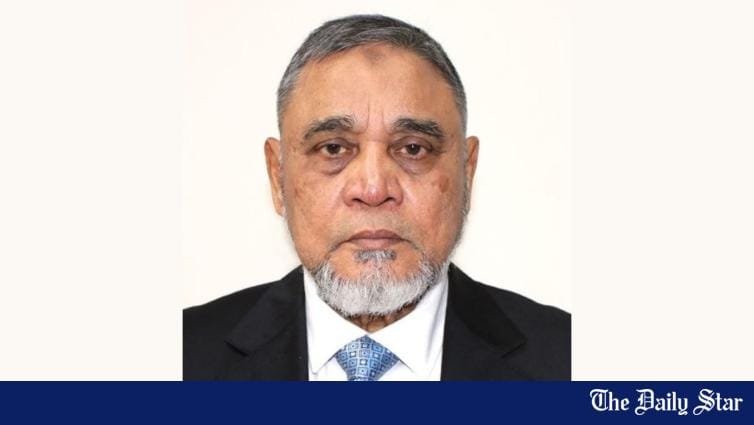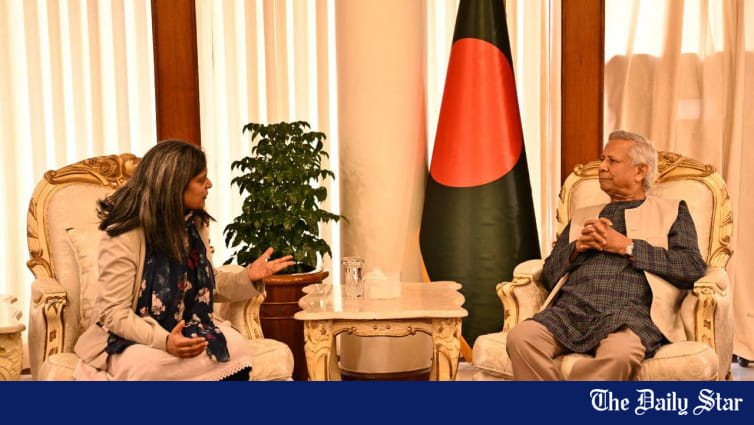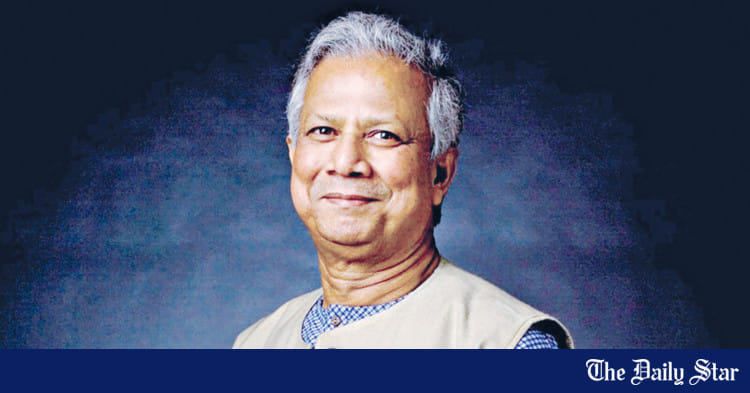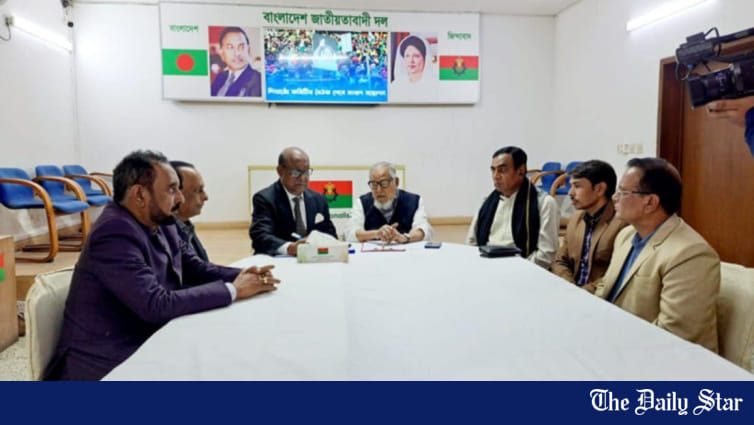Saif
Senior Member
- Joined
- Jan 24, 2024
- Messages
- 17,195
- Likes
- 8,259
- Nation

- Residence

- Axis Group


Changes needed to include more youths in voter list: CEC
Chief Election Commissioner AMM Nasir Uddin today underscored the need for some changes in the existing process to include more youths in the voter list ahead of the upcoming parliamentary elections
Changes needed to include more youths in voter list: CEC

Chief Election Commissioner AMM Nasir Uddin
Chief Election Commissioner AMM Nasir Uddin today underscored the need for some changes in the existing process to include more youths in the voter list ahead of the upcoming parliamentary elections.
He told reporters after a meeting with Election Reform Commission Chief Badiul Alam Mazumder at Nirbachan Bhaban in Dhaka's Agargaon.
Nasir Uddin said discussion was held with the Election Reform Commission as they would submit their report to the government soon.
"They wanted to know if we have any recommendations or statements. We expressed our opinions on various issues," he added.
Replying to a query, the CEC said there is something related to delimitation and something that is connected to the voter list.
"Apart from that, we will have some recommendations that are significant for the election. Whether they make recommendations or not, we have to address them. Otherwise, we cannot address delimitation. Since we want to include more youths in the voter list, some changes have to be made. We told them what is needed," Nasir Uddin said.
Badiul Alam Majumder, head of the Election Reform Commission, said, "The commission aims to submit its reform report by December 31. If delayed, the report will be submitted within January 3."
He also put emphasis on collaborative efforts between the EC and the Reform Commission for shaping the electoral landscape and addressing pressing concerns for the upcoming elections.
Chief Election Commissioner AMM Nasir Uddin
Chief Election Commissioner AMM Nasir Uddin today underscored the need for some changes in the existing process to include more youths in the voter list ahead of the upcoming parliamentary elections.
He told reporters after a meeting with Election Reform Commission Chief Badiul Alam Mazumder at Nirbachan Bhaban in Dhaka's Agargaon.
Nasir Uddin said discussion was held with the Election Reform Commission as they would submit their report to the government soon.
"They wanted to know if we have any recommendations or statements. We expressed our opinions on various issues," he added.
Replying to a query, the CEC said there is something related to delimitation and something that is connected to the voter list.
"Apart from that, we will have some recommendations that are significant for the election. Whether they make recommendations or not, we have to address them. Otherwise, we cannot address delimitation. Since we want to include more youths in the voter list, some changes have to be made. We told them what is needed," Nasir Uddin said.
Badiul Alam Majumder, head of the Election Reform Commission, said, "The commission aims to submit its reform report by December 31. If delayed, the report will be submitted within January 3."
He also put emphasis on collaborative efforts between the EC and the Reform Commission for shaping the electoral landscape and addressing pressing concerns for the upcoming elections.









































